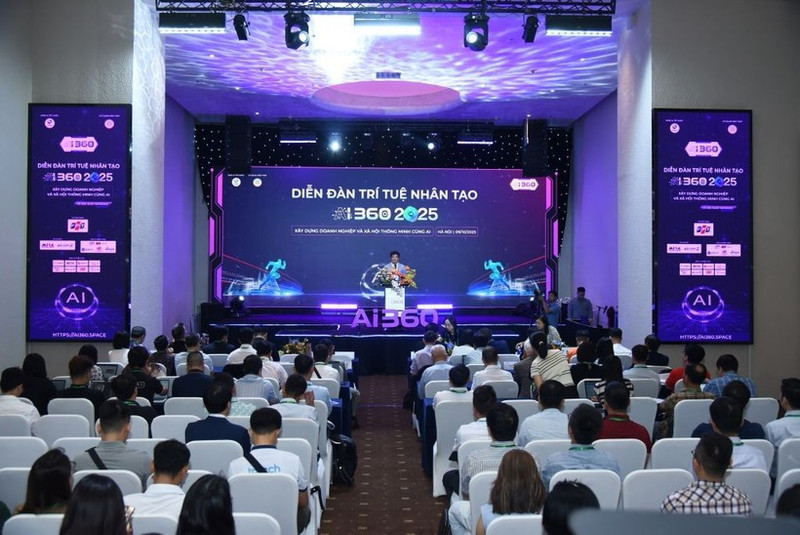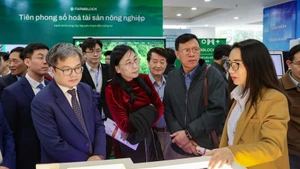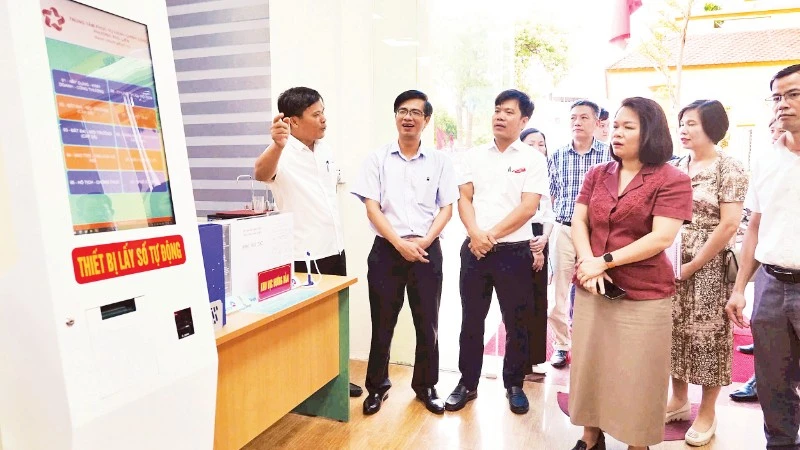This assessment was shared at the Viet Nam Artificial Intelligence Forum 2025 (AI360 2025), which opened on October 9 in Ha Noi.
Speaking at the forum, Nguyen Khac Lich, Director of the Department of ICT Industry under the Ministry of Science and Technology, said that in recent years, Viet Nam has steadily strengthened its position on the global AI map.
According to the Global AI Readiness Index 2024 by Oxford Insights, Viet Nam ranks 59th out of 193 countries, is among the top five in ASEAN, and has exceeded the global average for three consecutive years.
In the WIN World AI Index 2025, Viet Nam ranks 6th out of 40 countries, 3rd globally for public trust in AI, and 5th for AI adoption capacity.
Investment flows and AI applications are also expanding rapidly. Within a single year, investment in domestic AI enterprises rose from USD 10 million in 2023 to USD 80 million in 2024, an eightfold increase.
AI is now present across all sectors – finance, healthcare, e-commerce, manufacturing, and smart cities – helping to address the nation’s real-world challenges.
With its young population, abundant tech talent, and strategic direction from the government, Viet Nam’s AI ecosystem is ready for a transformative leap.
Sharing this view, Nguyen Van Khoa, Chairman of the Viet Nam Software and IT Services Association, said: “Never before has artificial intelligence developed as rapidly, as powerfully, and as extensively as it is today.”
“AI has become the new energy driving the global economy, much like electricity or the internet in the last century,” Khoa affirmed.
For Viet Nam, this is not merely a trend but a golden opportunity to accelerate development. According to Google’s forecast, Viet Nam’s AI market is expected to reach 1.52 billion USD by 2030, with a steady annual growth rate of around 16%.
Viet Nam is among the leading countries in Southeast Asia for AI adoption speed.
However, to turn potential into tangible value, Viet Nam must overcome a key bottleneck, the gap between advanced technology development and broad, return-on-investment-driven application, Khoa said.
















